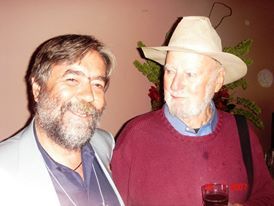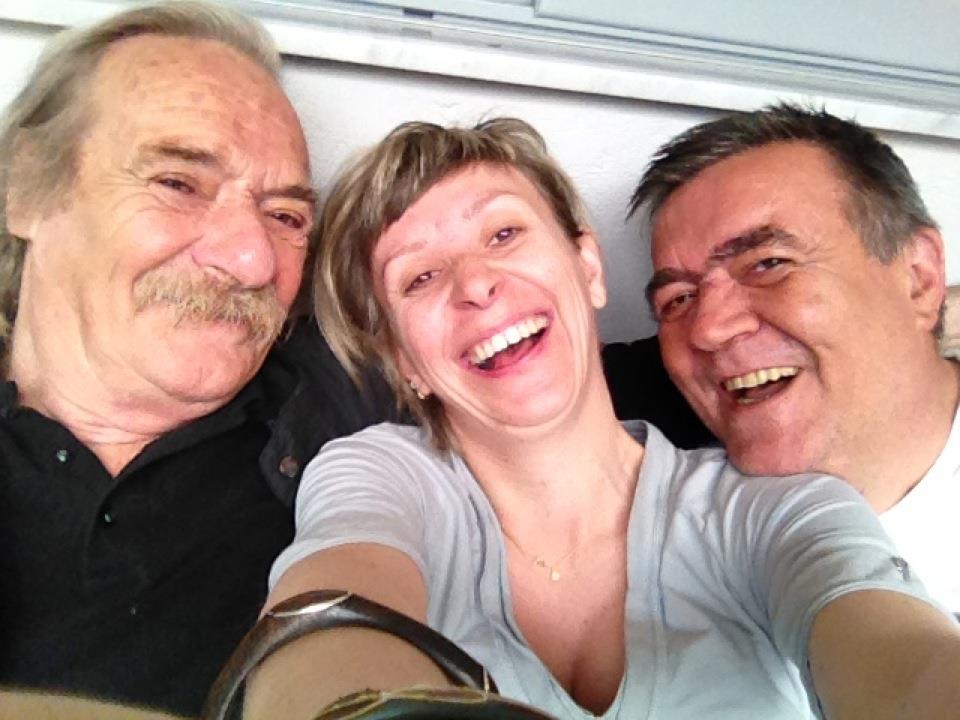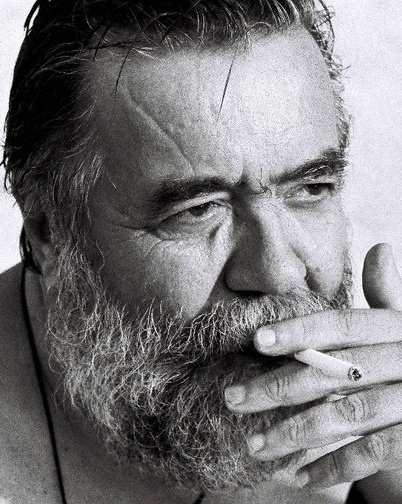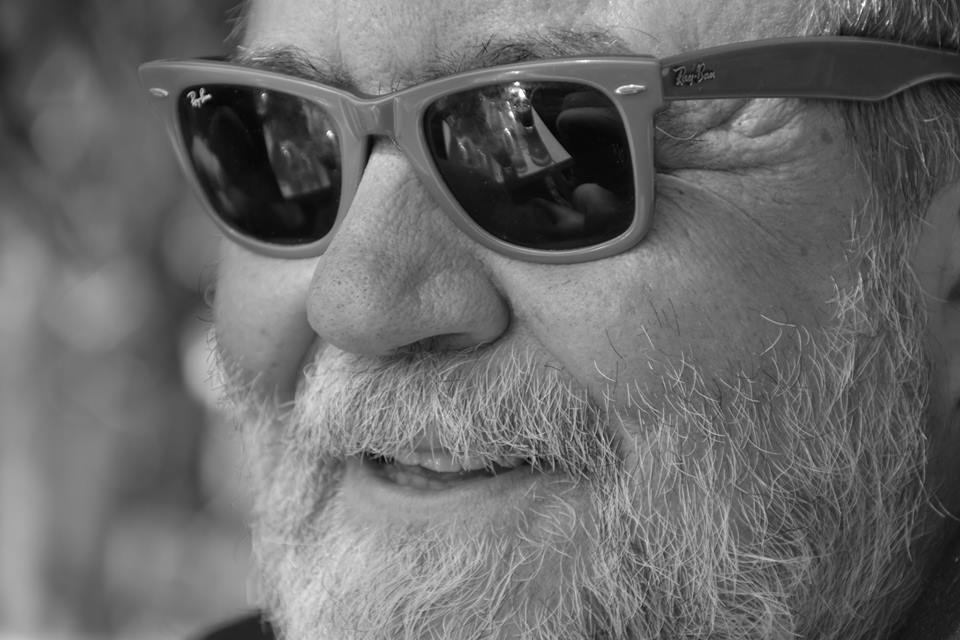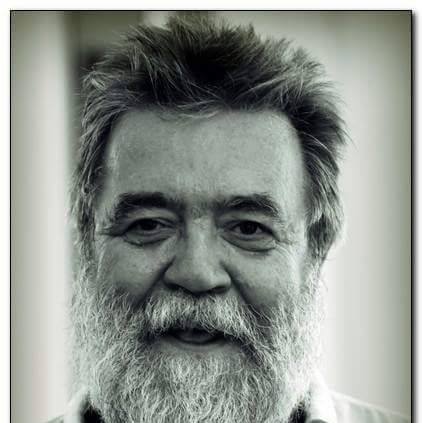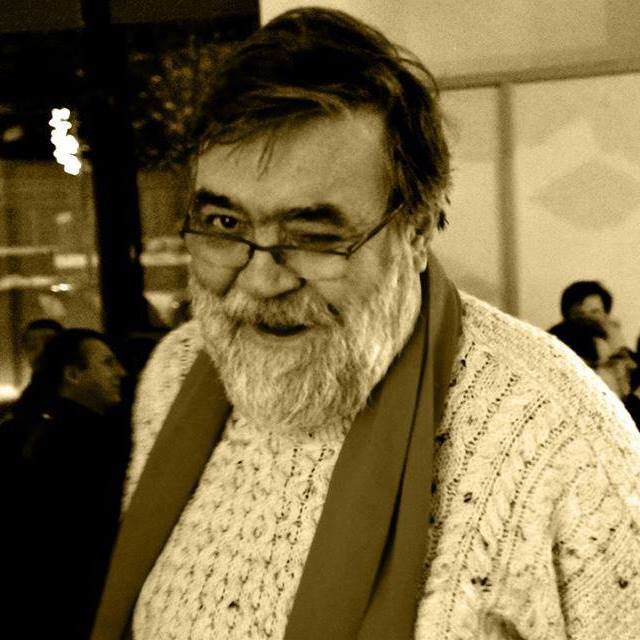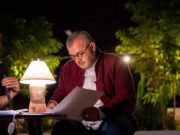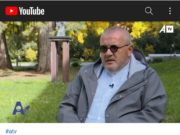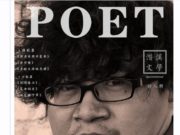Sotirios Pastakas was born in 1954 in Larissa, wherever he returned in 2012. He studied medicine in Rome and Psychiatry at Athens (Mental State Psychiatric Clinic). For thirty years he worked as a Psychiatrist in Athens. He published sixteen collections of poetry, a theatrical monologue, a book of essays and translations of Italian poets. In 2001 he co-founded the World Poetry Academy in the city of Verona, and in September of the same year received a scholarship from Hawthodern Castle, International Retreat for writers, near Edinburgh. He read poems in various International Poetic Festival (Sarajevo 2006 and 2011, San Francisco 2007, Rome 2010, Izmir 2012, Cairo 2013, Istanbul 2014, etc.) is a member of the Writers Society from 1994 and has set up various print and electronic journals. Beyond editor but is a radio producer and teacher experiential writing. He has been translated into twelve languages and the “Trilogy” book (ed. Presence, 2012) was released in the US in 2015, entitled “Food Line”, translated by Jack Hirschman and Angelos Sakis. His first book of short stories “Dr Ψ and his patients,” released in 2015 by publishing Ink. In December 2015 he was awarded the Annibale Ruccello Award for Poetry in the Third Festival of Teatro Stabia. On February 5, 2016 was declared the winner in the competition Ritratti di Poesia.140 (poesia tweet), the Fondazione Roma. In the spring of 2016 released a personal anthology of poems (1986-2016) in Italian “corpo a corpo” from Multimedia publications “Casa della Poesia”, that win the NordSud International Prize for Poetry/Pescarabbruzzo foundation in 2016.
“Sotirios Pastakas, An Introduction”
Sotirios Pastakas was born in Larissa, Greece, in 1954 and studied medicine at the University of Rome in Italy. Since 1985 he has worked as an M.D. Psychiatrist in Athens. He ’s published 15 volumes of poetry in Greek, some of them translated into English; is a member of the Society of Greek Writers since 1994, and he is also one of 47 founding members of the World Poetry Academy founded in Verona, Italy, in 2001 by UNESCO. Since 2002 in fis personal website (www.poiein.gr), he has introduced poets and poetry from all over the world. He has translated many Italian poets, including Saba, Penna, Pasolini, Gatto, Sereni.
I first met Sotirios almost by chance in a North Beach-San Francisco café in May of 2003. He was in the city to attend a psychiatric conference and had taken a break from it to visit City Lights Bookstore. We hit it off pretty much right from the start: Sotirios has a friendly and affectionate air about him-adelphic I call it, that is, brotherly-, so we spoke at some length about Greek poetry, and American poetry too (I’d translated three books of poetry from Greek, two by a great poet, Katerina Gogou, who had died in a “rock and roll death”, (by which Greeks mean a drug overdose), and Sotirios was not unfamiliar with Ginsberg, Ferlinghetti and the Beat movement.
In subsequent years, we read on the same programs organized by Sergio Iagulli of the Casa della Poesia in the Salerno zone of Italy. We read in Italy, in Sarajevo and, in 2007, as the Poet Laureate of San Francisco and organizer of its International Poetry Festival, I invited Sotirios to read at the Palace of Fine Arts, along with a host of others poets from all over the world.
There was good reason: he writes a poetry that I like to refer to as “write-on.” Meaning that, whether because of his being a medical doctor or because of this poetic insight, Pastakas’ poetry is very direct, contemporary and it speaks the Now.
That’s why, when he gave me a copy of Khameno Kormi, which had published in Greek in 2010, I told him I’d like to translate it into American, which delighted him. I translated the title as Good-For-Nothing-Body, and when I emailed Sotirios and asked him to send me the file text of the book (the better to work with the translation process), I learned that that book was part of a trilogy called Syssitio (Food Line) which had been published in Greek, in 2012.
I began translating Good-For-Nothing-Body and when I was finished I passed the translation along to a Greek-American poet, translator and friend, Angelos Sakkis. When he returned the texts I had sent him I realized without any doubt that this book had to have co-translators because Angelos had so extensively helped me in bringing Sotirios’ words to light. Then, having himself become enchanted with Pastakas’ work, Sakkis went ahead and translated the other two parts of the trilogy, the 2nd section, which gives the title to the whole book, ie., “Food Line”, and the 3rd section, which is called “Raki River”. So it is, in truth, really Angelos Sakkis who translated the trilogy though I’ am pleased to have translated the first draft of Good-For-Nothing-Body.
We know the reader is going to experience, with this book, a superb and very contemporary Greek poet who reflects in his texts many of the economic and existential darknesses that are besieging that most luminous of countries of the world.
Jack Hirschman,
San Francisco 2014
Σωτήρης Παστάκας/Sotirios Pastakas
Σ Υ Σ Σ Ι Τ Ι Ο
FOOD LINE
Translated by Jack Hirschman and Aggelos Sakis
Ένα κοτσάνι μήλου.
Κάποιος καθόταν εδώ
και δάγκωνε ένα μήλο.
Έπειτα χάθηκε. Την ίδια μέρα
που η Ιστορία κατέγραφε τρεις
νεκρούς στο κέντρο της Αθήνας.
Κάποιος άλλος σ’ ένα άλλο
σημείο, άφησε τη γόπα του τσιγάρου
πριν χαθεί κι εκείνος.
Η Ιστορία καταγράφει μόνον:
κοτσάνια, πτώματα, στάχτες.
An apple-core.
Someone was sitting here
biting an apple.
Then he disappeared. The same day
that History recorded three
deaths in the center of Athens.
Someone else at another
spot left his cigarette butt
before he disappeared too.
History only records:
apple-cores, cadavers, ashes.
Προτού χάσω το κορμί μου
έχασα το μυαλό μου-Πάμε πάλι:
Πριν χάσω το μυαλό μου
έχασα το κορμί μου-Απ’ την αρχή:
Έχασα το μυαλό μου.
Έχασα το κορμί μου.
Πάμε πάλι από την αρχή:
Έχασα το κορμί μου.
Έχασα το μυαλό μου
σε χέρια που μια νύχτα
μου πρότειναν
τρεμάμενη σάρκα.
Before I lost my body
I lost my mind—Once again:
before I lost my mind
I was losing my body—From the beginning:
I’ve lost my mind.
I’ve lost my body.
Let’s go back to the beginning:
I’ve lost my body.
I’ve lost my mind
to hands that one night
offered me
quivering flesh.
Πέθανα δυο φορές την πρώτη
Σαν άντρας, τη δεύτερη σαν γυναίκα.
Ξεκούρδιστα βήματα Κυριακή
στους δρόμους της Λιοσίων.
Ένα κορμί που συντηρείς
με φάρμακα προτού να γίνει
οριστικά χαμένο, ένα κορμί
ψυχή των ντραγκς, του σεξ
και των ρεμπέτικων,
που μπάζει αέρα από παντού
και σέρνεται και ίπταται
πολύχρωμο μπαλόνι,
ζαχαρωτό μιας εφηβείας αξόδευτης
ακόμα – δώστε μου.
Δώστε μου κι άλλα φάρμακα
να περπατώ στο πλήθος.
Παιδί να γίνομαι κι εγώ
μαζί με τα παιδιά σας.
I died two times, the first
as a man, the second as a woman.
Sunday staggering steps
in alleyways around Liosion street.
A body you sustain
with drugs before it becomes
irretrievably wasted, a body
soul of drugs, sex
and rembetika,
in which the wind blows in from everywhere
and is pulled and flies
a multicolored balloon,
a piece of candy of an unspent adolescence,
still,—gimme.
Gimme more drugs
so I can walk with the crowd.
So I can become a kid
together with your kids.
Πέτρα κορμί καμιά πρασινάδα
δεν άφησες ν’ αναπτυχθεί πάνω σου.
Δεν άφησες κορμί από πέτρα
να σε σφιχταγκαλιάσει ο κισσός.
Πέτρα κορμί σε κοριτσίστικα χέρια
για να δούμε πόσα ψαράκια
θα πιάσεις, τώρα που βρέθηκε
κάποιος να σε πετάξει στοργικά,
στην επιφάνεια της θάλασσας.
Rock body you didn’t let
any grass grow over you.
Body from stone you didn’t
allow ivy to cling to you.
Rock body in girlish hands,
let’s see how many fish
you’ll catch now that someone’s
been found, someone to throw you lovingly
onto the surface of the sea.
Αναρωτιέμαι αυτά τα νέα
κορμιά π’ αγγίζω ακροθιγώς
με περισσή ευγένεια και χάρη,
πόσα έχουν να χάσουν ακόμα,
έτσι όπως τα βλέπω να σπαν,
να θρυμματίζονται μέσα
στα δάκτυλά μου, πόση
υπομονή χρειάζεται ο εύπλαστος
πηλός να ξαναγίνει χώμα.
I wonder, about these young
bodies that I touch superficially
with much politeness and grace,
how much they still have to lose;
the way I see them break,
crumbling between
my fingers, how much
patience malleable clay needs
to become earth again.
